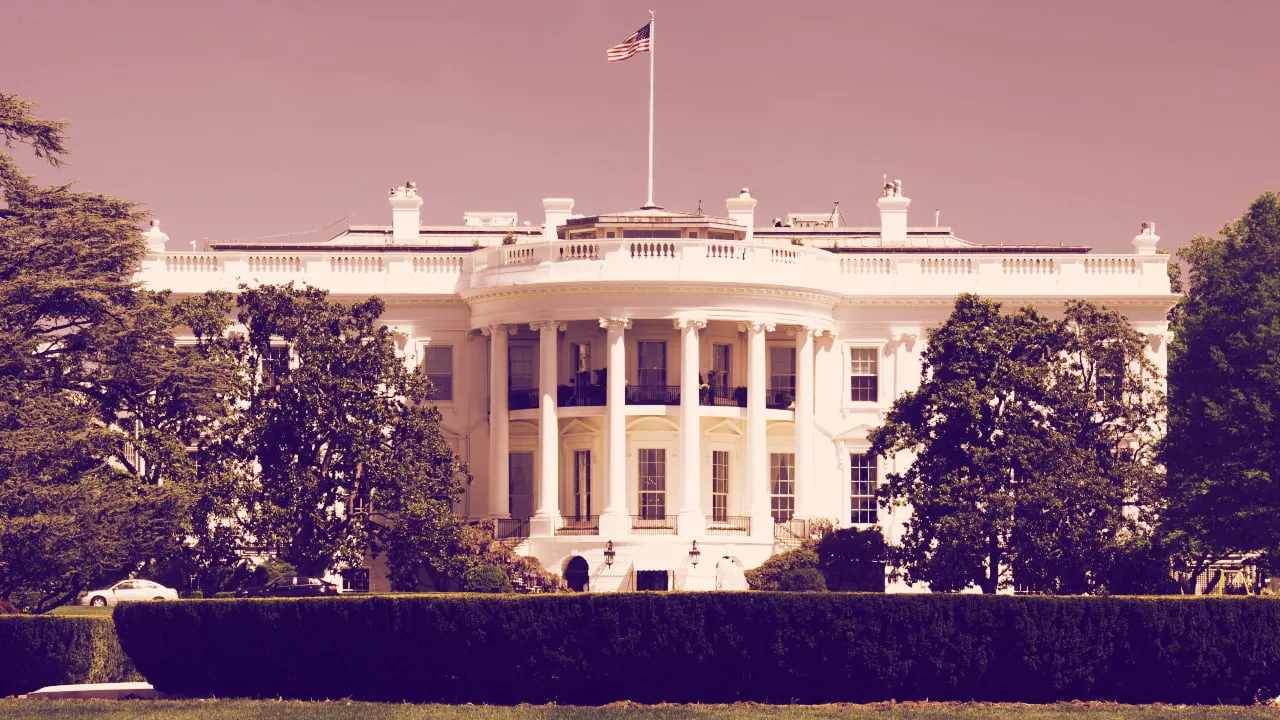In brief
- The Senate is set to reject Biden's pick to head of the Office of the Comptroller of the Currency.
- The nominee, Saule Omarova, has been a vocal critic of crypto.
The Senate is poised to reject the White House's choice to lead the Office of the Comptroller of the Currency (OCC), the federal agency charged with overseeing the country's banks, Axios reported this week.
The impending rejection is significant for the crypto industry since the nominee, Saule Omarova, has been an outspoken critic of crypto. In recent months, she has described crypto as benefiting from a "dysfunctional" financial system, and shared a Financial Times story that framed Bitcoin as a symbol of American decline.
The Biden Administration is still backing Omarova to be head of the OCC, but she appears to have no path to confirmation as five Democratic Senators have told the White House they will not vote for her, according to Axios. With a Senate that is currently divided 50-50, and no Republicans willing to support Omarova, the White House cannot lose a single Democratic vote.
The Senate opposition to Omarova, a Cornell law professor, is not rooted specifically in her position on crypto. Instead, Senators have called attention to her academic writing, which has called for "hemming in" banks and giving citizens direct access to accounts at the Federal Reserve.
But at least one Senator, Cynthia Lummis (R-WY), has specifically blasted Omarova's position on digital assets and labeled her a radical.
Omarova's policy positions, along with her eduction in Moscow, has led other Republicans to label her a socialist and one GOP member to ask if he should address her as "comrade." The White House shot back that such labels are misleading, and blasted the criticism of Omarova as "red-baiting."
A Critical Appointment for Crypto
The OCC, a division of the U.S. Treasury, is important to the crypto industry since the agency affects how banks can interact with blockchain technology and crypto companies. And its leader has considerable sway over policy.
Brian Brooks, the acting Comptroller of the OCC during the final months of the Trump Administration, was a rare champion of crypto in Washington, D.C. Before leaving the job last January, Brooks issued a series of interpretative letters that gave banks new powers such as permission to custody crypto, run nodes and work with stablecoin issuers.
Following Brooks' departure, the Biden Administration named former bank regulator Michael Hsu as his temporary replacement. Hsu's attitude toward crypto has been frosty compared to his predecessor, though he has indicated he will not revoke Brooks' policies—so long as banks seek permission before offering crypto services.
Whomever the Biden Administration nominates as permanent head of the OCC will be appointed to a five-year term, provided they are confirmed by the Senate.
Biden's other senior appointments to top finance posts, including Treasury Secretary Janet Yellen and SEC Chair Gary Gensler, have taken a dim view of crypto, so the eventual head of the OCC is likely to do the same. But the implosion of Omarova's nomination is a short-term win for the crypto industry, as it should mean an OCC head who is less hostile.

